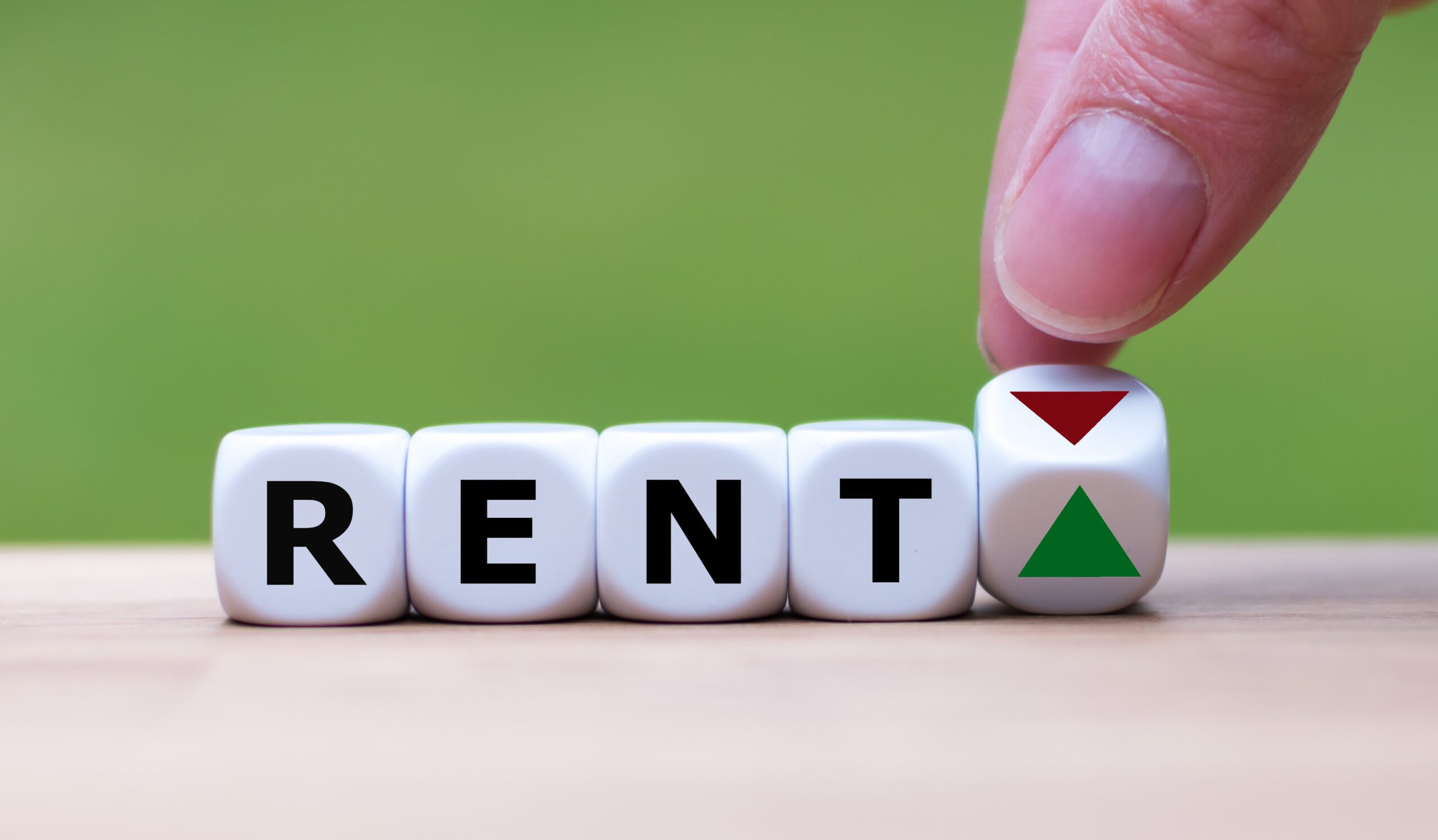
By Rob Gershon, council tenant and activist
Over the last two years, for every £100 a tenant pays in their supposedly cheaper social rent, they now have to pay an additional £15. That’s on top of smaller inflation-busting rent rises since 2020. During the years where economic pressures have affected most people, but people who live in social housing more than most, these rises represent a form of financial cruelty.
The rent rises should be considered against background inflation rises that have been in double figures over the last year. Landlords are told how much they can raise rents by the government, presumably because they can’t be trusted to make the decision like a normal transactional business. Because the government doesn’t want to help provide homes people can afford themselves, they expect social landlords to soak up the increased cost of doing business.
Inflation is likely to fall further this year so it will once again be social tenants underwriting the costs of the social housing crisis. At the time of writing, the inflation rate is just under 4% and may well be lower by the time rents are hiked in April, leaving social landlords sitting pretty on a juicy slice of profit at the expense of families who often can’t afford food or heating.
This would be staggeringly amoral at the best of times, but in the years where many communities are still recovering from the financial shocks of the pandemic, amidst completely unaffordable rises in energy and water bills and food costs, a thumping rent rise will ensure that those parts of the country which experience the most acute difficulty, with changes to rises in basic, unavoidable costs including rent, will suffer the most.
For many people, part or all of their rent might be covered by housing benefits or the universal credit equivalent, and many would argue that this will insulate families from these jarring increases. This would be easier to swallow if such a large proportion of government, social landlords and commentators didn’t consider housing support to be some magnanimous, easily accessible fountain of subsidised housing.
Through ITV news investigations, findings of the Grenfell Inquiry, social media activism and a change in tone at the Housing Ombudsman, recent years have revealed a range of structural and cultural issues in the sector. If the rent rises were going towards addressing these issues, they might feel justifiable, but they’re not.





